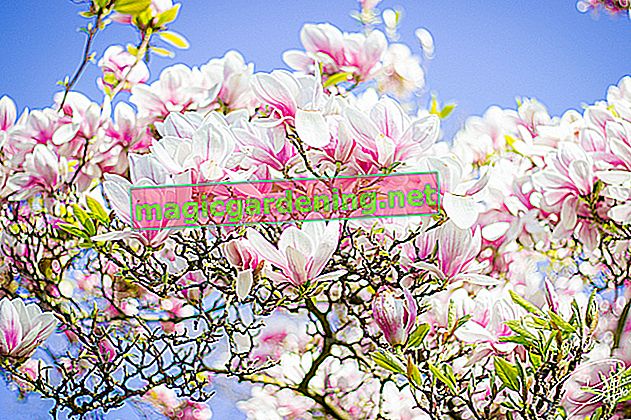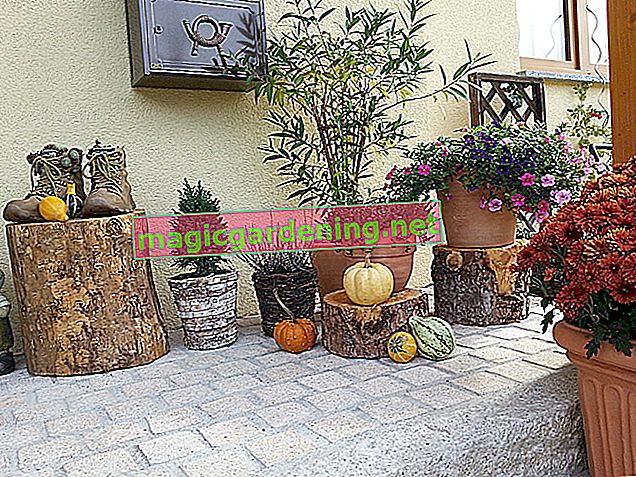
The main flowering time is from March to October
Behind the delicate shape of wild daisies hides a robust constitution that gives us a never-ending bloom. Bellis perennis has learned to face freezing temperatures. As a result, the small perennial puts on its flower dress long before its Mediterranean counterparts. The following overview summarizes when you can look forward to the charming flower heads:
- Main flowering time of the wild species: March to October
- Main flowering time for cultivars: March to June
- Winter mild wine-growing regions: January to November
also read
- Are Bellis hardy? - Tips about the charming daisies
- How does a maple bloom? - Information about the flowering period
- Are Bellis Perennial? - This is how daisies grow in the garden
Since various regions have been completely spared frost as a result of global warming, the white-yellow ray florets can be admired all year round. This applies to wine-growing areas or along the Lower Rhine as well as in gardens with a protected microclimate.
Location quality influences the flowering period
Daisies are among the sun worshipers. If you assign Maßliebchen a full sun to shady location, the flowering period in practice fulfills what the theory promises. In shady locations with heavy, wet loam soil, Bellis only manage to achieve a sparse and shortened flowering period.
Trimming extends the bloom - this is how it works
If you favor undemanding flowers in creative garden design, you cannot avoid the easy-care Bellis perennis. Strictly speaking, you can leave daisies to their own devices in the bed. Gießen takes over mother nature with summer rain. Fertilizer is superfluous anyway.
In order for Tausendschön to keep what the name promises, withered flowers should be removed regularly. If cleaning out individual remains of flowers is too time-consuming, cut back the mini-perennials immediately after the main flowering period in order to elicit a nice second flowering period.
Tips
Bellis perennis uses a clever survival strategy to survive in the Central European climate. The beauty of the flowers thrives as a biennial, hardy mini perennial. This property implies that it survives the first winter as a green rosette of leaves, continues to bloom in the second year and then dies. Before that, the ingenious survivor had multiplied in number by means of self-sowing.








